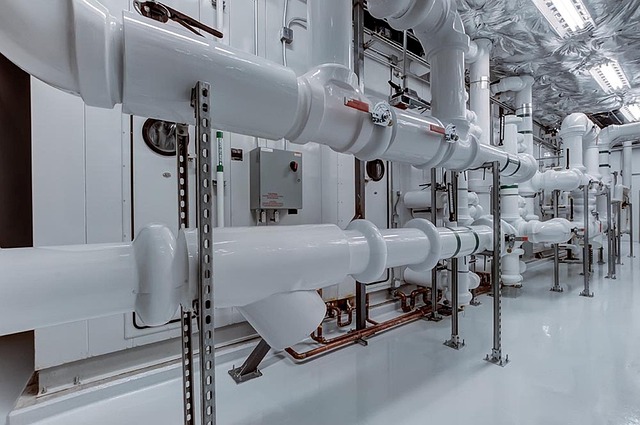Commercial plumbing installations are vital for business operations, requiring skilled Commercial Plumbing Contractors to manage complex systems in large facilities. These professionals ensure efficient water supply, drainage, and waste management tailored to specific needs, maintaining hygiene standards. Key considerations include selecting licensed contractors, complying with regulations, factoring in future maintenance costs, and understanding system types (potable water, wastewater removal, heating/cooling). Adherence to permits, regulations, and industry standards is crucial for safety and avoiding legal issues. Meticulous planning, equipment selection, and regular maintenance ensure efficient systems, long-term sustainability, and cost savings.
“In the world of commercial spaces, proper plumbing installations are not just a luxury but an absolute necessity. From offices and restaurants to hotels and industrial facilities, efficient plumbing systems ensure smooth operations and create a comfortable environment for occupants. This article delves into the comprehensive guide on commercial plumbing installations, exploring key aspects from understanding the basics to selecting the right equipment and ensuring long-term maintenance. Discover the vital role of professional Commercial Plumbing Contractors in bringing your plumbing project to life while adhering to permits, regulations, and industry standards.”
Understanding Commercial Plumbing Installations: An Overview
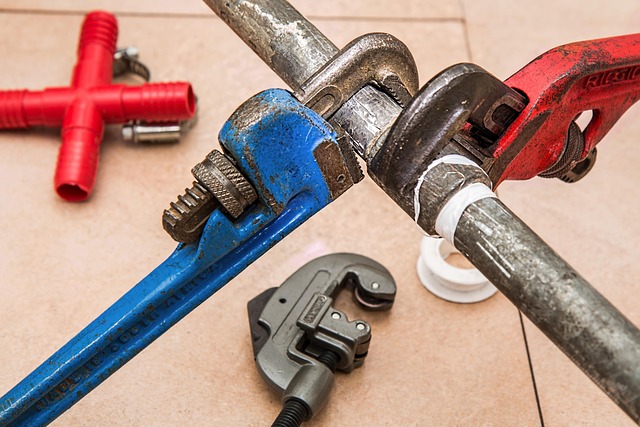
Commercial plumbing installations are a complex and crucial aspect of any business operation, requiring skilled professionals known as commercial plumbing contractors. These installations go beyond residential setups, catering to the unique needs of large-scale facilities like offices, hospitals, restaurants, and industrial sites. The scope involves designing and implementing efficient water supply, drainage, and waste management systems tailored to meet specific business requirements.
Effective commercial plumbing installations ensure these establishments have reliable access to clean water for various operations and maintain hygiene standards. Moreover, it includes installing specialized equipment such as high-capacity toilets, industrial sinks, and large-scale heating systems, which demand expertise to prevent leaks, clogs, and potential health hazards. Commercial plumbing contractors play a vital role in ensuring these systems operate seamlessly, thereby fostering a productive and safe work environment.
The Role of Professional Commercial Plumbing Contractors
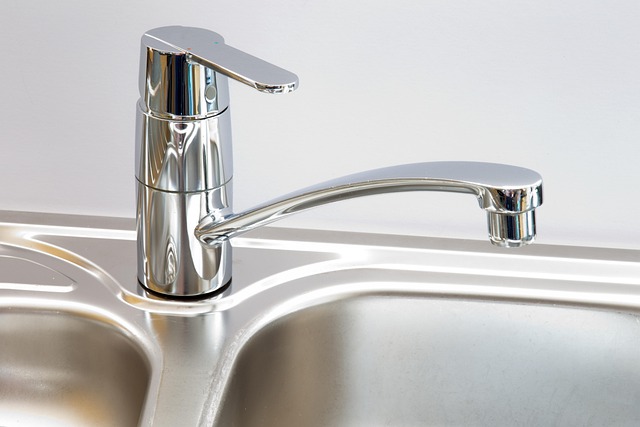
When it comes to commercial plumbing installations, the role of professional contractors cannot be overstated. These experts possess the specialized knowledge and skills required to handle complex plumbing systems found in large buildings, offices, and industrial facilities. They ensure that every pipe, fixture, and appliance is installed correctly, meeting stringent safety and code regulations.
Commercial Plumbing Contractors play a pivotal role in maintaining the functionality and efficiency of these establishments’ plumbing infrastructure. By employing cutting-edge tools and technologies, they can navigate challenging installations, troubleshoot issues, and provide prompt repairs or replacements. Their expertise translates to reduced downtime, minimized water wastage, and optimal system performance, ultimately contributing to a more productive and sustainable work environment.
Key Considerations for Your Project
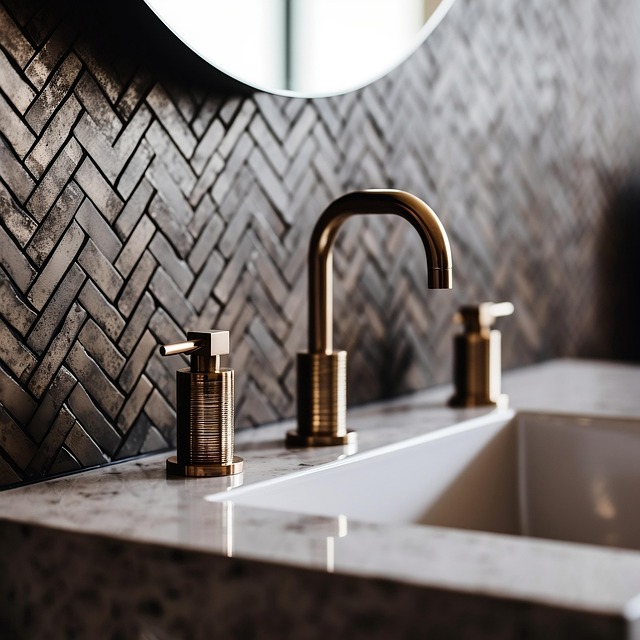
When embarking on a commercial plumbing installation project, there are several key considerations that can ensure its success. Firstly, selecting the right commercial plumbing contractors is paramount. Look for licensed and experienced professionals who understand the unique demands of commercial spaces. Their expertise will be invaluable in designing and implementing efficient plumbing systems tailored to your business’s needs.
Secondly, understanding local regulations and building codes related to plumbing installations is essential. Compliance with these standards not only ensures a safe and functional plumbing system but also prevents potential legal issues down the line. Additionally, factoring in future maintenance and costs can help avoid unexpected expenses, making it beneficial to discuss these aspects with your chosen commercial plumbing contractors from the outset.
Types of Commercial Plumbing Systems and Their Applications
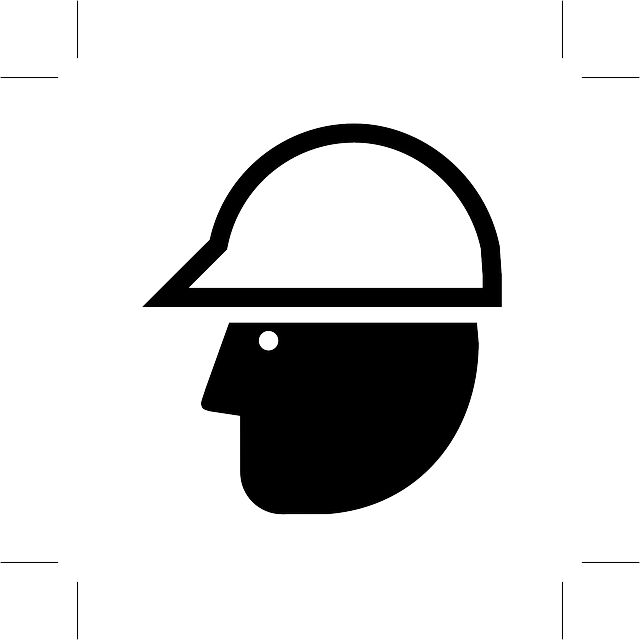
In the realm of commercial plumbing installations, understanding various system types is paramount for both contractors and building owners. The most common categories include potable water supply systems, wastewater removal systems, and heating/cooling systems. Potable water systems are crucial for providing clean drinking water to occupants, with applications ranging from office buildings to hotels and hospitals. These systems typically involve complex networks of pipes, valves, and fixtures designed to meet high-demand scenarios while ensuring water quality.
Wastewater removal systems, on the other hand, play a vital role in maintaining sanitation and hygiene standards. They include plumbing configurations for waste disposal, sewage treatment, and drainage, which are essential components in every commercial space. Heating and cooling systems, often integrated into larger plumbing networks, regulate indoor temperatures, enhancing comfort and productivity. Commercial plumbing contractors specialize in designing, installing, and maintaining these diverse systems to meet the specific needs of various business types, ensuring optimal efficiency and compliance with local regulations.
Permits, Regulations, and Compliance

When undertaking commercial plumbing installations, adhering to permits, regulations, and compliance standards is paramount. Commercial plumbing contractors must navigate a web of local, state, and sometimes even national laws designed to ensure public safety and protect against substandard work. Failure to comply can result in costly penalties, project delays, and even the revocation of operating licenses.
Permits, for instance, are required for any significant plumbing alterations or new installations. These documents, issued by relevant authorities, certify that a project meets all necessary codes and regulations. Commercial plumbing contractors must also stay abreast of evolving standards set by organizations like the American Society of Plumbing Engineers (ASPE) to ensure their work aligns with best practices and safety guidelines. Regular inspections are typically required during and after completion to verify compliance, further emphasizing the importance of meticulous planning and execution on the part of commercial plumbing contractors.
Choosing the Right Equipment and Materials
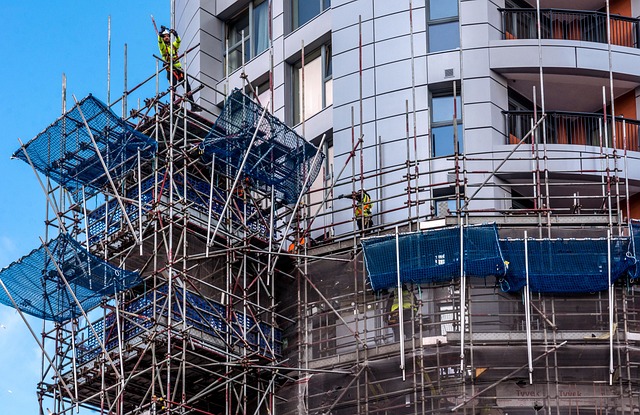
When it comes to commercial plumbing installations, selecting the appropriate equipment and materials is paramount for any project’s success. Commercial plumbing contractors must stay updated with industry standards and the latest innovations to ensure durable and efficient systems. High-quality pipes, fittings, and fixtures are essential to withstand the demanding requirements of commercial spaces, such as high water pressure and frequent use.
The right choice starts with understanding the project’s unique needs. For instance, choosing between copper, PVC, or steel pipes depends on factors like temperature resistance, cost, and building regulations. Additionally, employing reputable brands known for their durability and longevity can significantly reduce maintenance costs over time. Commercial plumbing contractors should also consider energy-efficient options, such as low-flow fixtures, to contribute to sustainable practices and potentially lower operating expenses.
Maintenance and Long-Term Care Tips for Commercial Plumbing

Regular maintenance is key to ensuring your commercial plumbing system remains efficient and free from costly surprises. A proactive approach involves scheduling routine inspections by experienced commercial plumbing contractors, who can identify potential issues before they escalate. This includes checking for leaks, evaluating pipe corrosion, and inspecting valve functionality.
Beyond professional inspections, businesses can take steps to foster long-term plumbing health. Simple practices such as encouraging employees to report any unusual noises or water pressure fluctuations, promptly fixing minor leaks, and ensuring proper drain maintenance can significantly extend the lifespan of your system. Regular cleaning and descaling of water heaters and boilers are also essential precautions against buildup and inefficiency.
